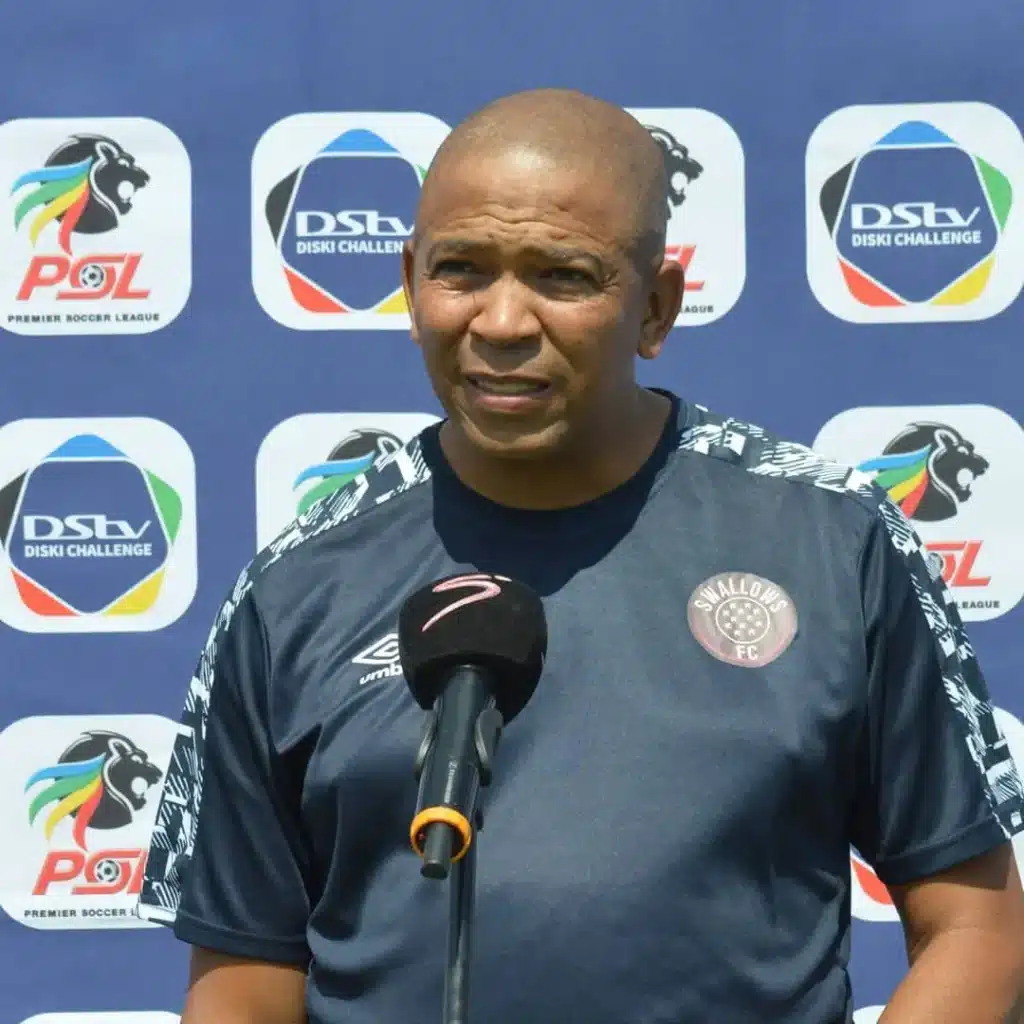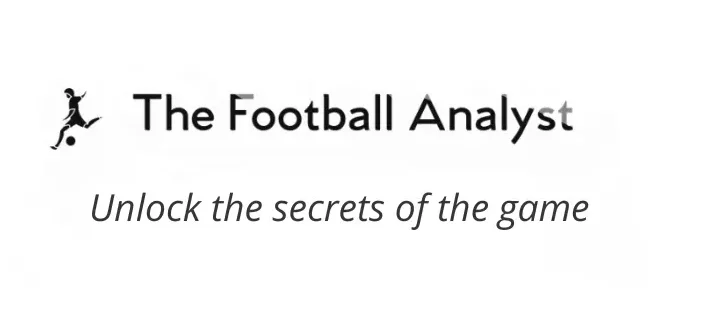In the unforgiving world of football, only the most tactically sound survive and ultimately thrive. One such figure is a trusted guide to me, Simon “Coach Whitey” Tshowa, now a highly respected FIFA instructor and technical tactician, fresh off leading the University of Johannesburg to a USSA Football Championship victory.

Having coached at elite institutions like Swallows FC, Kaizer Chiefs, and the School of Excellence, Coach Whitey’s pedigree is unquestionable. But it’s his ability to read the rhythm of a match and make incisive tactical changes that separates him from most.
In this exclusive interview, we unpack his thoughts on the power of in-game tactical adjustments and why the best coaches aren’t just planners, but chess masters.

The Value of In-Game Tactical Adjustments
Coach K: How important are in-game tactical adjustments in modern football, and can they realistically influence the outcome of a match?
Coach Whitey:
The coach should always be ahead tactically. The team will have a game plan for a particular game, but if things don’t go as planned, he must always have a second and additional plan within that game.
Tactical Insight:
Data from the 2023 CAF Champions League shows that teams who made their first tactical substitution before the 60th minute won 68% of the time, compared to 42% for teams who delayed changes. Coach Whitey’s statement underlines a critical point: elite coaches don’t cling to plans — they evolve with the match. Having a flexible game model ensures a Plan B is not a panic button, but part of the process.
When and Why Tactical Changes Happen
Coach K: What typically triggers a tactical change during the game — opposition structure, player performance, match tempo, or other in-game dynamics?
Coach Whitey:
All of what you have mentioned. Also, trailing the game — being behind 1-0 — you will be forced to change your tactical approach, and the nature of the game will determine your destiny. If, for example, the team is on the verge of relegation, Nedbank Knockout, etc.
Tactical Insight:
In the 2024 Nedbank Cup, 74% of goals after the 70th minute came from teams that had already altered shape or tempo. Whether chasing a goal or protecting a lead, tactical adjustments are often dictated by game state, the opponent’s system, or the urgency in the fixture context.
Why Some Coaches Hesitate to Adjust
Coach K: Why do some coaches avoid making in-game tactical adjustments, even when the original plan appears ineffective?
Coach Whitey:
If the original plan is inefficient, the technical team must change the approach. Even the players must be thinkers. Intelligent players will change the approach. That is why we need players who are leaders and intelligent — they can influence the game.
Tactical Insight:
A UEFA 2022 technical report revealed that only 42% of coaches in youth tournaments made formational changes during games, often due to lack of trust in players’ decision-making.
How to Communicate Tactical Changes Clearly
Coach K: What methods are most effective for communicating tactical changes clearly to players during the match, especially under time and pressure constraints?
Coach Whitey:
That is trained, and players’ level of concentration is key. Their training should be of high intensity to adapt into every difficult situation. Games differ in their intensity, but your players must always be at the highest level so that the game becomes easy. The fittest players will always win games because of their ability to sustain pressure.
Tactical Insight:
According to FIFA’s 2023 fitness data, teams with higher aerobic thresholds not only ran more (average of 108km per game) but also had fewer tactical miscommunications.
Final Word: Adaptability Wins Championships
Coach Whitey’s insights make one thing clear — tactical adjustment is no longer a bonus in modern football; it’s a requirement. As the game grows faster and more dynamic, the sideline has never been more influential. Champions aren’t built just in the pre-match briefing but in the brave, intelligent decisions made minute by minute, moment by moment.
“The fittest, smartest, and most adaptable always find a way,” Coach Whitey concludes — and with a USSA trophy to his name, few would dare argue.
